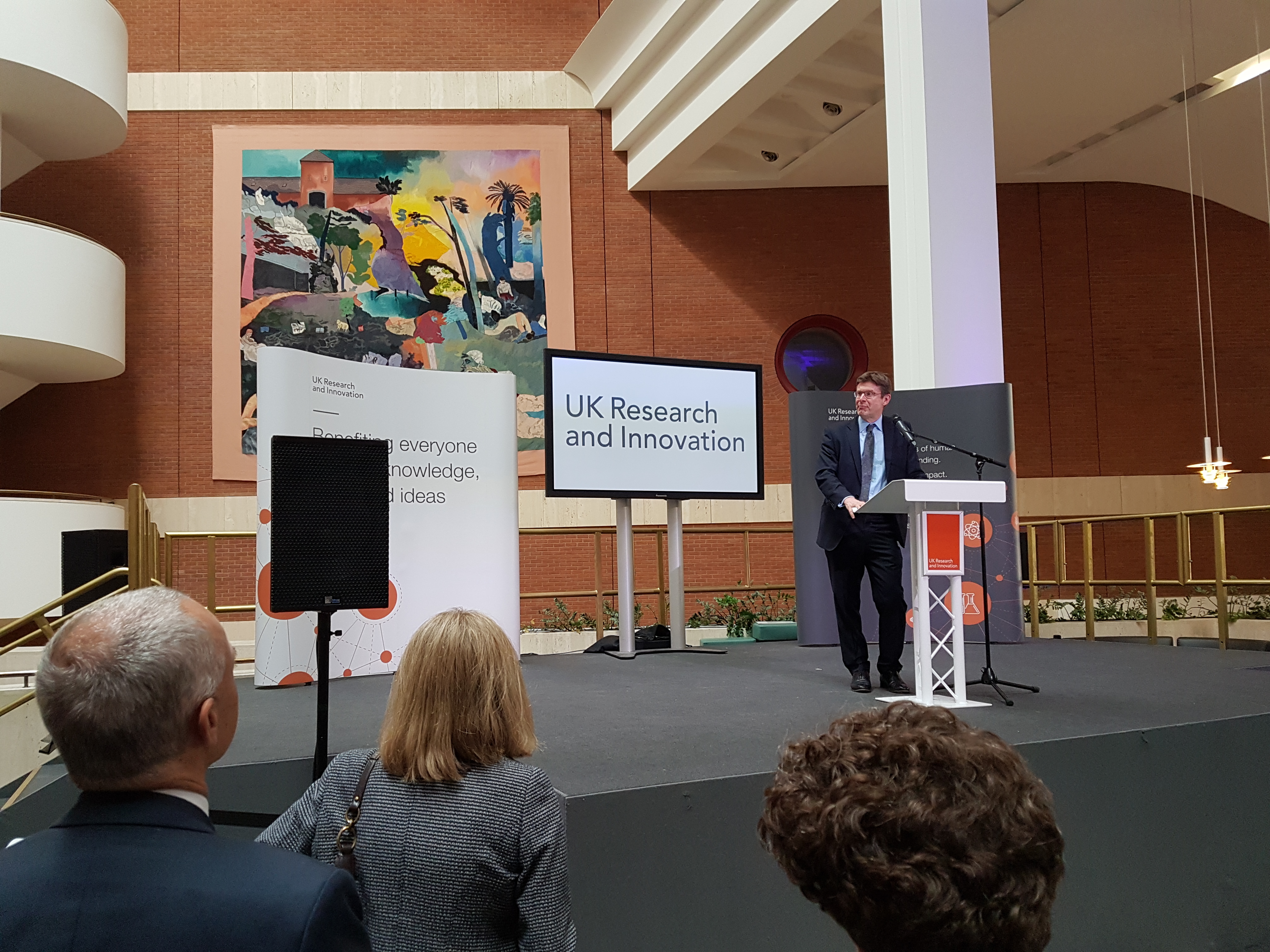We often say that behavioural science can be used for good or bad, just like any form of knowledge. One of the troubling applications – though brilliant in its own way – can be to nudge people to gamble too much. This week saw the decision to dramatically curtain the sums that can be gambled on fixed-odds betting machines. While gambling provides many people with enjoyment, this measure seems justified because of what we know about human behaviour.
Recall that some of the founding texts of behavioural economics concerned people’s estimates of probability. What are the relative risks involved in flying? How many words start with the letter r versus have it as a third letter? (The latter is three times higher in English, but people think the reverse).
Fixed-odds betting machines are designed to play on mispredictions like these. FOBTs allow punters to play at high speed (a spin every 20 seconds) with, at least up to now, the possibility to stake up to £100 per bet. This quick and near continuous play can lead people to reach a ‘dissociative state’ in which they forget about the external world, while betting large amounts of money. In addition, our brains release almost as much dopamine to reward a near miss as a win, especially among those addicted to gambling. This can lead people to continue playing even when they are losing money, as they still feel the rush.
Public policy needs to be attuned to these factors and intervene when the deck is stacked too much against gamblers. But the market is also responding by creating new products to help players. We’ve just been looking at an intervention put together by Monzo, one of the challenger banks. It lets customers tell their bank that they would rather not gamble. The bank then blocks their ability to spend money on gambling, including online. The customer can of course change their mind, but to unlock the block they have to have a specific conversation with the bank, and this will involve a delay of at least 48 hours. It’s the electronic equivalent of putting your credit card in a block of ice in the freezer.
The minister responsible for gambling policy is Matt Hancock is the Secretary of State at the Department for Culture, Media and Sport (DCMS). He’s had a pretty busy week, indeed month. He gave an interesting speech on the case for civil society in our lives today, making the argument that we need to see his Department’s (forthcoming) Civil Society strategy as an equivalent to the Industrial Strategy – its more famous policy sibling. He highlighted the recent changes to the HMT Treasury Green Book (the guidance on how government should value and evaluate policies), noting the emphasis on wellbeing impacts as well as more conventional cost-benefit analysis.
The juxtaposition between gambling and civil society could hardly be more illustrative. On the one hand, we have an activity (gambling) that creates jobs and tax revenue. On the other, we have the massive but largely unaccounted for activity of civil society – how do we value an act of kindness or compassion? But when we start to apply the more sophisticated evaluation measures of the new Green Book, the picture looks very different.

Hopefully this changing lens will also filter through to the new research landscape, heralded this week by Greg Clark’s launch of UKRI – the new super-research body that brings together £6-7bn of spending across the research councils and Innovate. The research councils have their origins in a post-war world where manufacturing was much more dominant. In such a world, the model of research and innovation looks something like: universities develop an interesting new material or device, innovative firms turn it into new products, and they in turn power economic growth.
But the UK economy and labour force today is more than 80% services, as Jen Rubin of the Economic and Social Research Council (ESRC) pointed out at the launch. What does the R&D of such an economy look like? It’s around FinTech, lifestyle, education and learning, and so on.
Certainly a lot of it lies in behaviour. But is that where we spend our money and our effort? A research agenda – indeed a policy agenda – based on the shape of our current economy, on using behavioural science and business innovation for good, and on increasing wellbeing and the more sophisticated take on evaluation in the new Green Book, looks very different. But it also looks pretty exciting.

